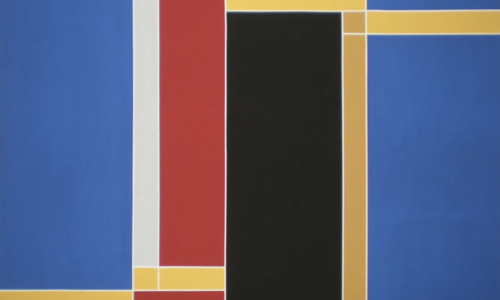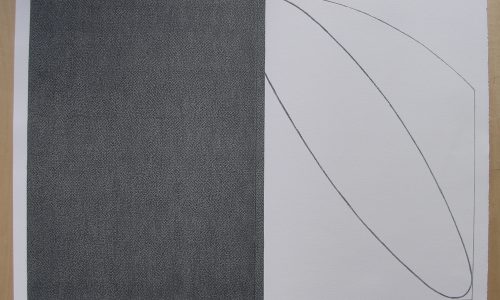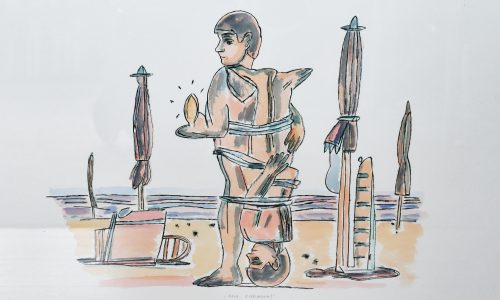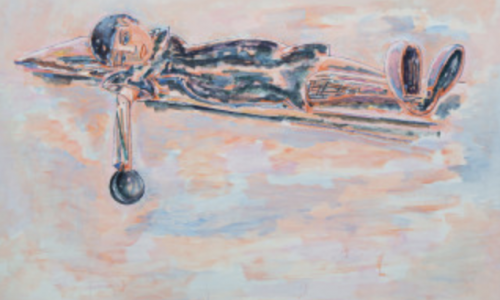Mahler pioneer Willem Mengelberg
Willem Mengelberg, conductor of the Amsterdam Concertgebouw Orchestra, was grasped by Mahler’s music when he attended the first performance of his Third Symphony in Krefeld (G) in 1902. Right from that moment, he vigorously took on promoting Mahler’s music, claiming Mahler to be “the Beethoven of his time”. In his persistent efforts to introduce Mahler’s music, Mengelberg gradually acquired an outstanding position both in The Netherlands and in Europe, in this respect leaving behind other contemporary conductors.
Time and again, Mengelberg tried to persuade Mahler to conduct his own works in Amsterdam. This materialized in 1903, 1904, 1906 and 1909. During these visits, the composer was staying with the Mengelbergs at their home. However, because of his numerous engagements elsewhere, Mahler was often compelled to decline Mengelberg’s invitations for conducting.
Mengelberg’s commitment to promote Mahler’s music should not be underestimated. At the time, a substantial part of the public would leave the concert hall to demonstrate their disapproval of Mahler’s music, which was, on top of that, often ridiculed by the critics. Mengelberg was convinced of Mahler’s genius, which inspired him to persist in his dogged endeavours, taking for granted that this implied rowing against the stream . Only after years of sustained perseverance, a ‘Mahler community’ came into existence in The Netherlands, which formed the basis of the unprecedented success of the ‘Mahler Feest’ in 1920, drawing worldwide attention. In the 1920’s, Mengelberg, who had by then also become conductor of the New York Phiharmonic, repeated his efforts to promote Mahler’s music to the American public.
Mengelberg was one of the most important Mahler pioneers who deserves a special place of honour in our remembrance. His tireless efforts to make Mahler’s music better known to a greater public contributed greatly to the international Mahler culture of this era.
The Willem Mengelberg’s archives in the Netherlands Music Institute contain, amongst other things, his conducting scores, which are characterized by his colourful annotations that clearly indicate his conductors interpretation of the work concerned. In addition, many of these scores also contain instructions and remarks of Mahler himself: tangible and visible evidence of the close ties between Mengelberg and Mahler.
the above text is from willemmengelberg.nl
Why this blog on Mengelberg? It was about 20 years ago that well before the “craze” of huge and impressive publications ( Newton, Araki) that this tremendous large publication was published on the occasion of the Mengelberg Festival 1995. It is indeed a huge publication. Weight being well over 5 kg and published in a cardbox blue linnen covered container with a text plublication and in a different volume the musical score by Mengelberg with his annotations . This is the perfect facsimile.
Best of all: designed by one of my heroes ….Wim Crouwel. This is such a publication that will be in demand for a very long time and very hard to find. Now i have two copies available from a remainder stock and both in “new” condition at www.ftn-books.com





























































